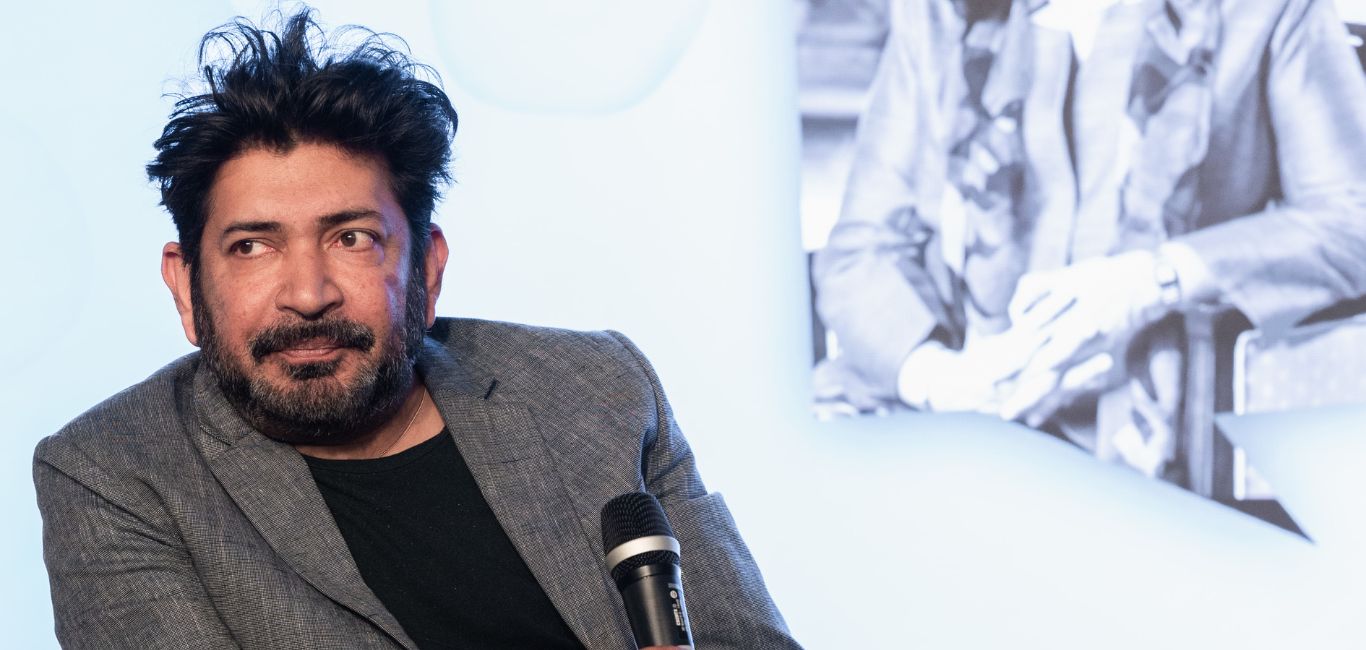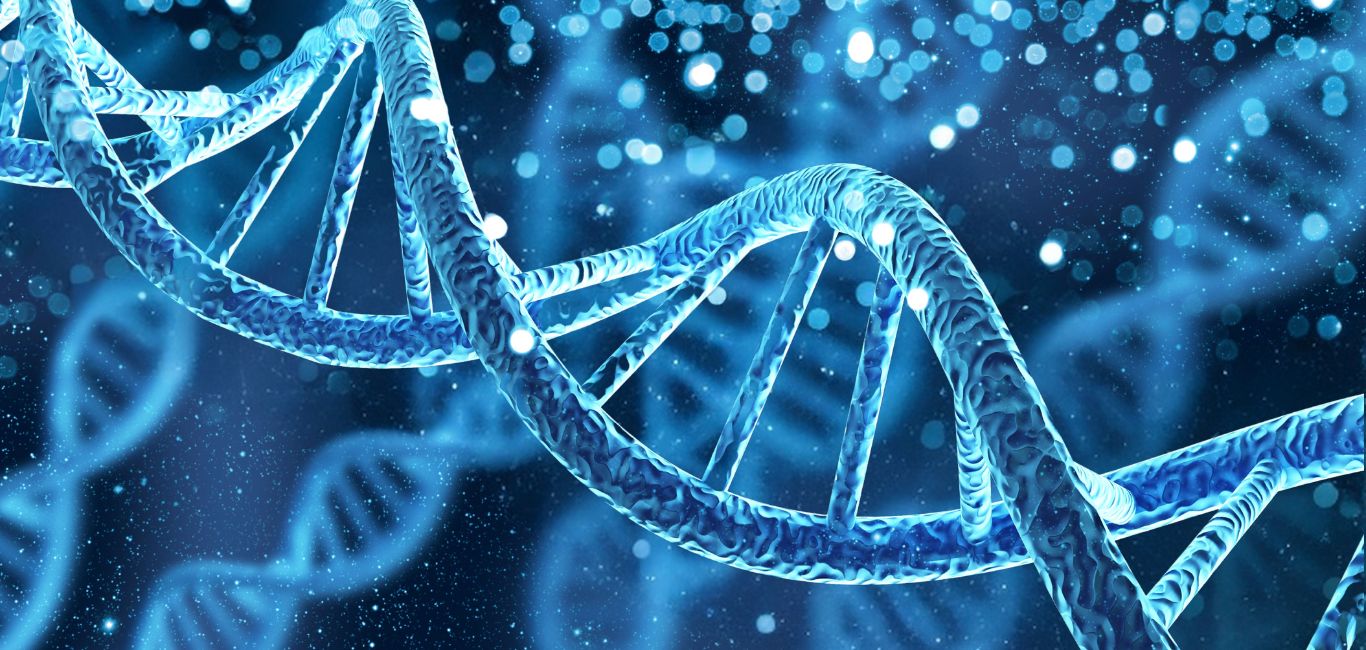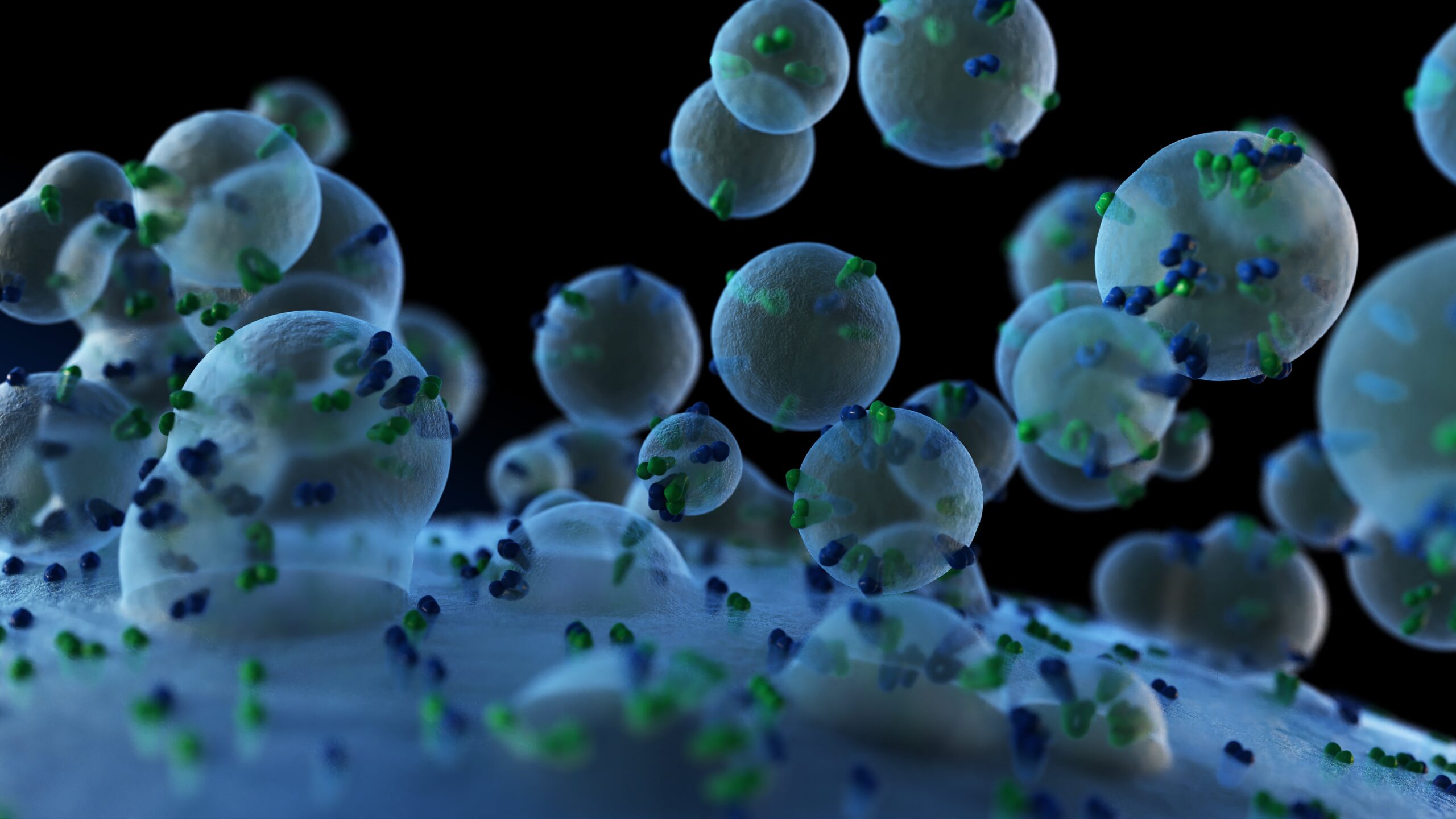
When it comes to explaining the nature of illness, all roads lead to the cell. Every illness, physical or mental, has a cellular component. And now, a revolution is in the making in terms of humanity’s understanding of cells and ability to manipulate them.
This is one point that cancer researcher and Pulitzer-Prize winner Dr Siddhartha Mukherjee seeks to make in his latest book, The Song of the Cell: An Exploration of Medicine and the New Human. Building on the work of Rudolf Virchow, Mukherjee reiterates that the nature of all illness is cellular.
Talking about one more significant event related to domain of cell biology. At an unveiling of the book at the Museum of Art and Photography in Bengaluru on January 18, Mukherjee held a candid conversation with Biocon Executive Chairperson and founder Kiran Mazumdar-Shaw.
"The beauty about @DrSidMukherjee's book is that it relates #science to #society in a very elegant way." @kiranshaw in the #FiresideChat discussing Dr. Sid's latest book #TheSongofTheCell at @MAPBangalore pic.twitter.com/CjBdJjwLdF
— Biocon (@Bioconlimited) January 18, 2023
He covered the worldview encompassed in his book – that all diseases are cellular diseases – as well as his thoughts on the ethics of gene editing. He discussed his work with Immuneel – a company he co-founded with Mazumdar-Shaw to make cell therapies more affordable – and the promise of creating targeted cancer therapies that utilize a person’s own cells as warriors against the tumour.
The cellular root of mental health conditions
Discussing what is needed in a “cellular” approach to making medicines, Mukherjee gives an example of how mental health is stigmatized. “(When it comes to mental illnesses) people say ‘snap out of it’. But no one says ‘snap out of cancer’ or ‘snap out of type 1 diabetes’. One of the important things in this book is to remove this stigma and talk about the idea that it has a cellular basis. We should talk about these illnesses as a mechanism by which there is a cellular dysfunction.”
He gives the case of postpartum depression – a condition he notes is highly under-diagnosed and stigmatized, and whose pathophysiology is still not fully understood (it does not respond to standard antidepressant treatment). But like with many mental health issues, those with the condition are still told to “snap out of it”.
“As a pathologist, as someone who has studied illness, the correct approach is to figure out what hormone is missing or what hormonal circuit has been changed. And hopefully, try to make medicines – that are really cellular medicines – to go into effect”.
A renaissance in cell biology
Noting the rapid pace of advances in cellular biology in the mid-1800s, Shaw asks Mukherjee if we are going through a similar era today. “We are experiencing some Renaissance in cellular biology and in biology in general,” Mukherjee says. “(There are) new therapeutic modalities, and a new appreciation for what we know and do not know about the immune system, a new understanding of how we should be using various molecules, like CRISPR and mRNA.”
Mukherjee notes the work on new cellular therapies, like CAR-T cell therapy (which he is exploring with Immuneel Research along with Mazumdar-Shaw), and references a 2022 paper in Nature that noted how the pace of truly disruptive scientific research had reduced since the mid-1900s.
“What is interesting is that there…is a little peak going on. There is a suspicion that we are entering a new disruptive phase. An example of that would be a lot of the work being done on artificial intelligence.”


















One Response
Good article